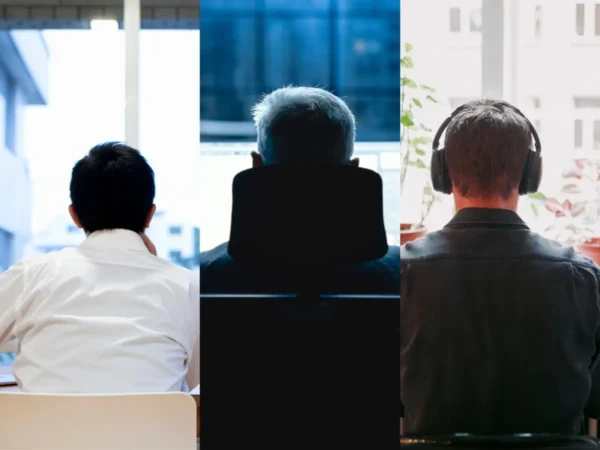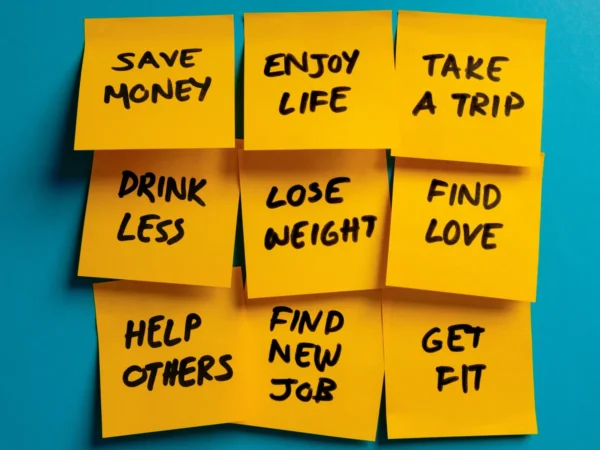
Mother Launches Magazine to Help Teens Choose Their Futures

When her teenage son (and his friends) received duff careers information, Ruth Sparkes realised many teenagers were being short changed with inadequate or misleading guidance about their future. “I think at 16, children are quite vulnerable and believe what people tell them – why wouldn’t you?”
Her son was wrongly advised about his A level choice, and also requirements for university. With her background in education marketing, Ruth was able to check the information out. “But of course most parents will believe largely what schools and colleges tell them. In my experience, none of the advice is joined up. We need to be better.”
But it was a response from a teenage girl which spurred Ruth on to act – and create a magazine and website dedicated to giving encouraging but accurate information to teenagers. “We’d completed some market research about what teenagers thought about their own futures and careers. One girl responded that she thought she ‘wouldn’t amount to anything’ because she wasn’t going to university. That took my breath away. These days there are so many options. We owe it to them to give better advice.”
Ruth went on to found Future (future-mag.co.uk) which aims to meet a gap in careers advice for 14 – 19 year olds.

An overwhelming 85 per cent of teenagers would welcome more advice about careers, a survey of 5,500 young people conducted recently by EMPRA shows. Research also revealed levels of stress some teens experience. “We’re set unachievable goals and when we work as hard as we can and still don’t achieve them, we’re made to feel like we’re not good enough and perhaps never will be,” wrote one respondent in the anonymous survey. “It’s depressing, literally.”
Schools careers advice is currently patchy and budget dependent. For some it can mean individual attention, others merely a poster stuck on a door. Many pupils look to teachers and parents as the main source of careers advice, yet many teachers say they feel unqualified to give advice and simply don’t know what’s out there. Parents say they feel out of date.
With the rise in professional training options and the introduction of the apprenticeship levy, there’s still huge misunderstanding about different routes after GCSEs and sixth form. “Schools and colleges understand A levels,” says Ruth, who herself left school at 16 for a career in the Royal Navy. “They understand university. But they need to know about all the other options; it’s hard to promote something they don’t understand.”
From why some people get spots to dealing with digital addiction, Future also covers lifestyle and more general issues, as well as extensive advice about university choices and other career routes. Responses from teen readers have been particularly positive –relevant at a time when the mental health of teenagers is worrying parents and health professionals.
Some 45,0000 magazines have been distributed free to schools and colleges this week and demand is such that the November edition will see a distribution of 60,000 copies. The website has been live since August and the magazine will published five times a year.














































